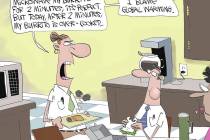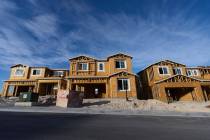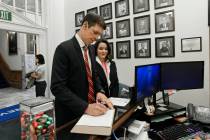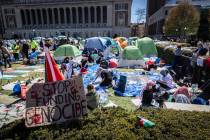Lake Mead dried up?
The history of environmental doomsday scenarios has been characterized by rampant inaccuracy.
From Malthus's 19th century predictions that population growth would overwhelm food supplies, to the embarrassing forecasts made by left-leaning Stanford biologist Paul Ehrlich in 1980, those who proselytize about humans ruining the planet have been wrong about most of their long-term prognostications.
Recall that Mr. Ehrlich entered into a wager with Julian Simon 27 years ago that many natural resources would become so scarce a decade hence that their prices would skyrocket.
He was wrong -- all the commodities Mr. Ehrlich selected were actually cheaper by 1990 -- and he was forced to pay up.
And now we have the global warming Chicken Littles.
The global warming issue has been seized by radical greens as a vehicle with which to cripple capitalism and slow economic growth. As descendants of Malthus and Ehrlich, today's far-left environmental crowd -- and their Democratic colleagues -- recognize the shock value of over-the-top projections.
On Wednesday, the Senate Energy and Natural Resources Committee heard testimony from Bradley Udall, director of the environmental research institute affiliated with the University of Colorado. He said Lake Mead could be dry in a decade thanks to climate change.
"At the current rate of use, Lake Mead has 10 years of water left in it," Mr. Udall told the committee.
That of course, represents a static analysis -- not taking into account changes in human behavior or advances in technology, for instance -- which is exactly how Malthus arrived at his loopy predictions about worldwide famine.
In addition, the notion that global warming in and of itself could cause Lake Mead to dry up in 10 years deserves nothing more than a guffaw.
Mr. Udall: Wanna bet?























